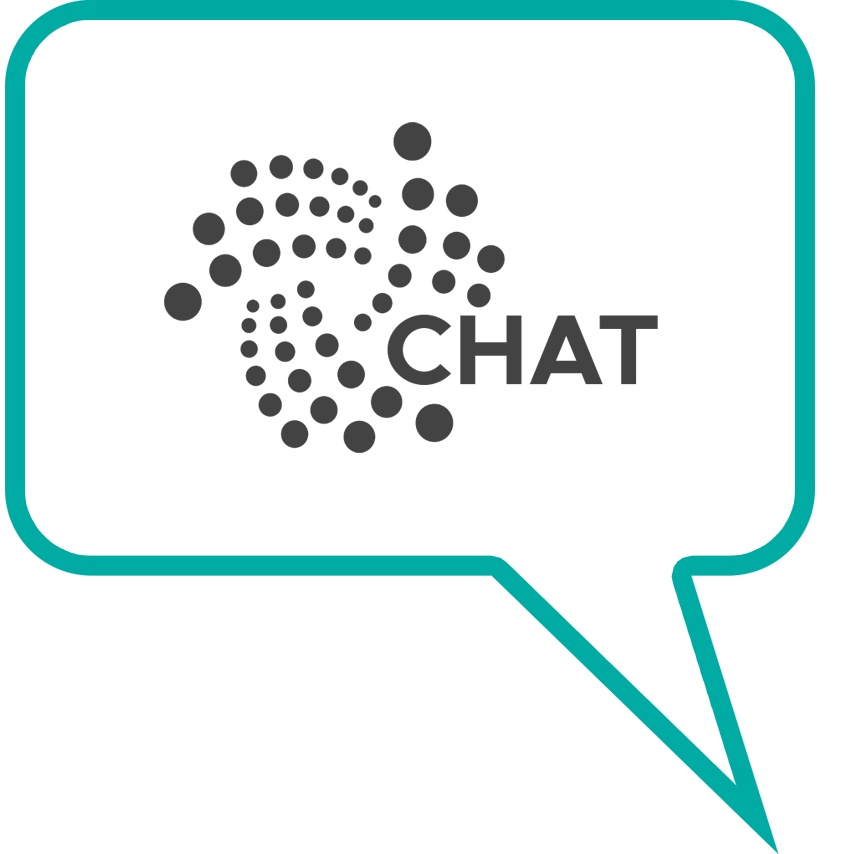
Uniswap Labs Fights Back: Calls on SEC to Withdraw Upcoming Legal Actions
Uniswap Labs Challenges SEC’s Regulatory Assertions
Asserting Legal Position Against SEC’s Claims
Recently, Uniswap Labs proactively addressed what could potentially evolve into a significant regulatory confrontation concerning Ethereum’s prominently decentralized cryptocurrency exchange. The firm formally responded to the U.S. Securities and Exchange Commission’s (SEC) preliminary legal notice, which suggested an impending lawsuit might be on the horizon.
The Genesis of the Dispute: A Wells Notice
Earlier in April, Uniswap Labs was served with a Wells notice by the SEC, a critical notification that implied the company might have violated securities laws. The notice specifically pointed to the Uniswap protocol as functioning as an unregistered securities exchange, and implicated both the interface and wallet as unregistered securities brokers.
Uniswap Labs’ Counterarguments
Responding to these allegations, Uniswap Labs presented a robust defense, maintaining that the protocol does not align with the traditional definition of a securities exchange and, therefore, should not fall under SEC’s regulatory purview. They emphasized that although the protocol was their creation, it has since transitioned to being a “passive” technological framework utilized for trading various cryptocurrencies.
Legal Perspective and Broader Implications
Martin Ammori, Chief Legal Officer of Uniswap Labs, expressed to the press that the SEC would need to alter the existing definition of an exchange to legitimately claim authority over Uniswap. He noted that the current regulatory definitions do not encompass any of the Uniswap Labs’ products, stating that a significant portion of the transaction volume on the platform—around 65%—involves clear non-securities like Ethereum, Bitcoin, and stablecoins.
Ammori also drew attention to ongoing efforts within the SEC to amend several of its regulatory terms to potentially bring platforms like Uniswap within its jurisdiction—an effort he believes exceeds the SEC’s designated authority. He cited a recent judicial decision that dismissed similar claims by the SEC against the Coinbase Wallet, reinforcing his argument on the inapplicability of such definitions to Uniswap’s operations.
The Potential Consequences of SEC Overreach
Legal representatives for Uniswap Labs argued that pursuing such litigations would not only pose substantial risks for the SEC but could also drive American cryptocurrency investors towards foreign platforms. Moreover, such aggressive regulatory measures could stifle innovation and deter the development of novel ideas that could invigorate competition and innovation in the financial sector.
The company’s legal team remains prepared to engage in litigation if necessary, confident in their position. However, they hope for a reconsideration by the SEC, citing the current approach as neither protective of consumers nor beneficial for American stakeholders.
Understanding Uniswap’s Wells Notice Response
In a recent revelation, Uniswap Labs clarified their stance regarding the SEC’s expected enforcement tactics focusing on the platform’s native UNI token and liquidity provider (LP) tokens. LP tokens, fundamental to the operation of automated market makers like Uniswap, represent a user’s share in the trading pools and facilitate trading activities within the platform. Uniswap Labs contends these LP tokens are mere “bookkeeping devices” and not investment contracts as alleged by the SEC, thus falling outside the current regulatory frameworks.
Broader Industry Ramifications
With the SEC hinting at increased regulation of LP tokens, as seen in a recent legal settlement involving BarnBridge DAO, the outcome of this dispute could set a significant precedent for the decentralized finance (DeFi) sector and its regulatory landscape.
This ongoing legal discourse between Uniswap Labs and the SEC highlights the evolving challenges and complexities within the rapidly growing cryptocurrency market, pointing to a critical need for clear, applicable regulatory frameworks that support innovation while ensuring market integrity.


